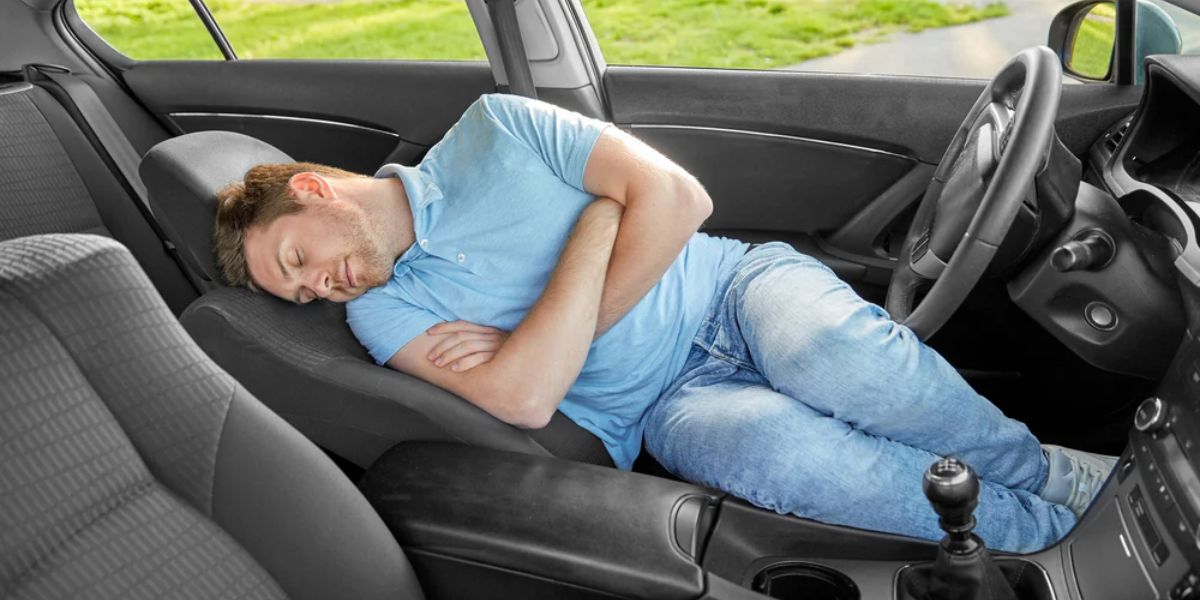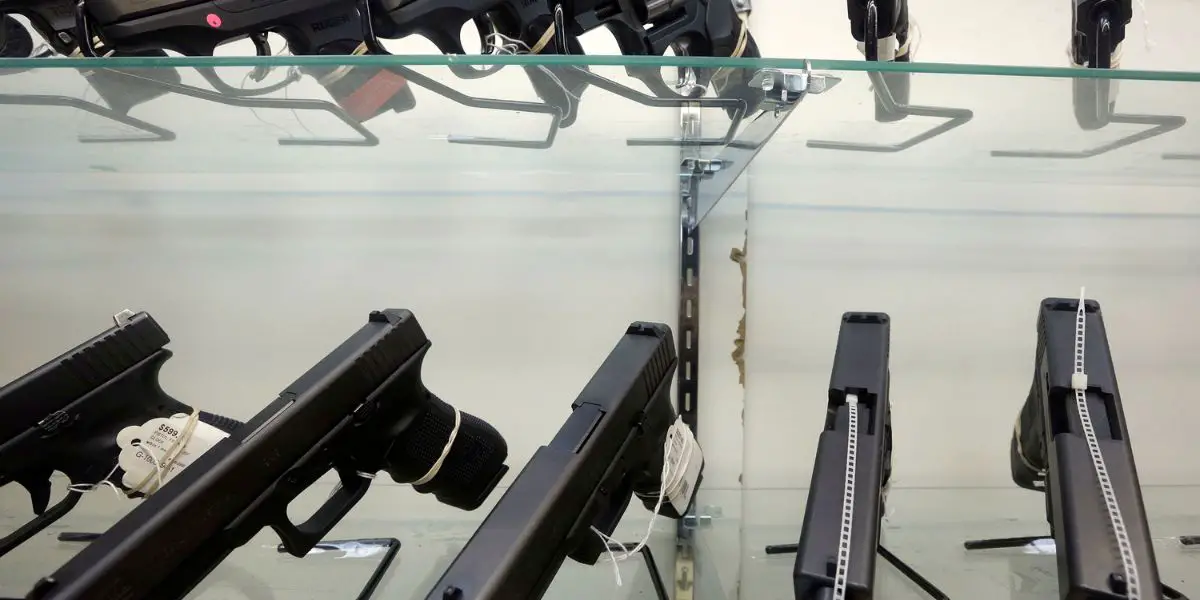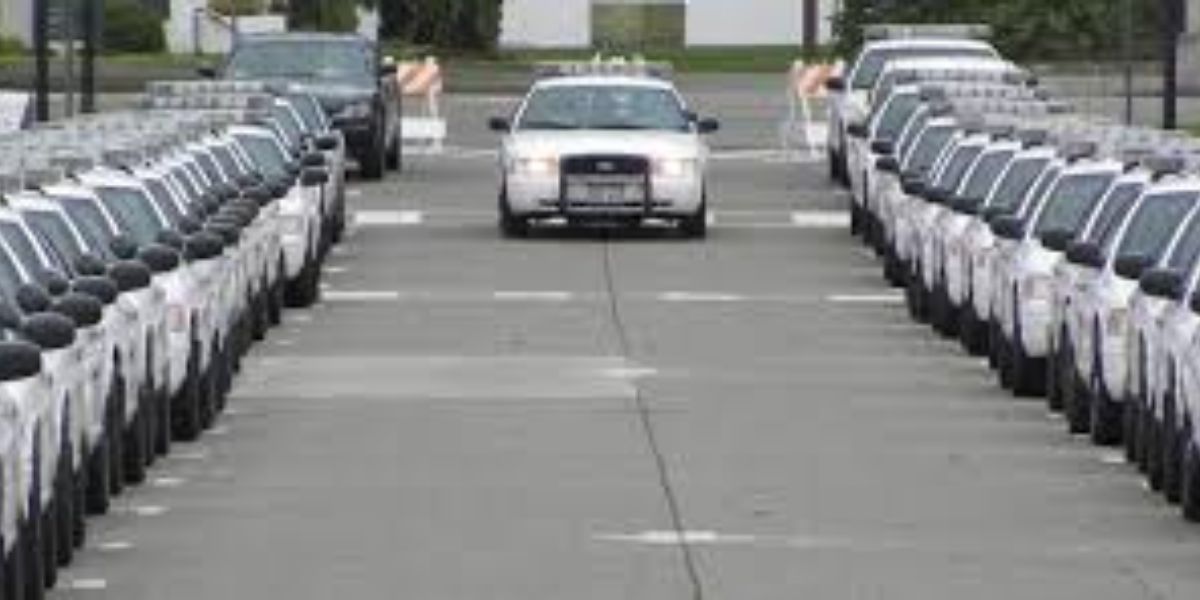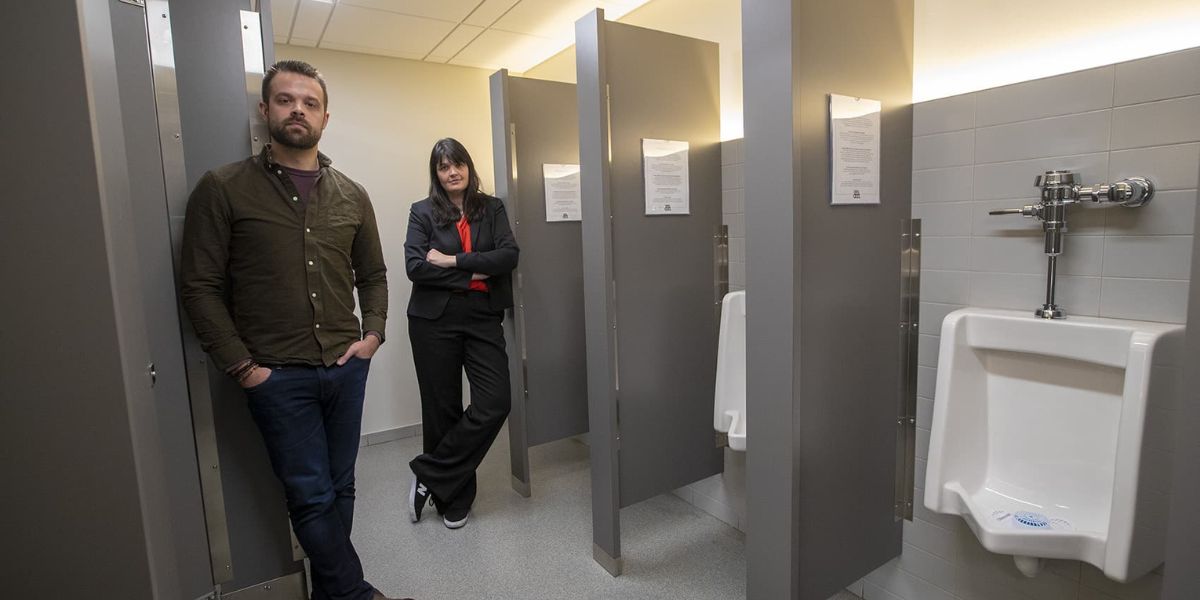MJP –
In Minnesota, as in many states, the idea of sleeping in your car may seem like a convenient and safe option, whether you’re on a road trip, need a rest while traveling, or find yourself without a permanent place to stay.
However, before you recline your seat and settle in for the night, it’s important to understand the legality of car sleeping in the state.
While it may not be explicitly banned, sleeping in your car can come with legal complexities, depending on where and how you do it.
This article breaks down Minnesota’s car sleeping laws and provides insight into what you need to know before you decide to sleep in your vehicle.
Is Sleeping in Your Car Illegal in Minnesota?
The short answer is no, it is not outright illegal to sleep in your car in Minnesota. However, several factors can make it illegal or result in fines or citations depending on the circumstances.
In general, you can sleep in your car in certain places, but you must follow local ordinances, laws about parking, and guidelines about public safety. Here’s a breakdown of what to keep in mind:
1. Parking Regulations and Local Ordinances
While there’s no state law that directly prohibits sleeping in your car, local municipalities in Minnesota may have specific ordinances governing overnight parking or sleeping in vehicles. Cities and towns can create their own rules regarding where people can park overnight, and many of these rules are designed to prevent issues like loitering, public intoxication, or other public safety concerns.
For instance:
- Overnight parking: Some cities, particularly in urban areas, may have restrictions on parking overnight in certain places. Parking in residential areas or near certain commercial districts may require a permit or may be outright banned overnight.
- Public spaces: Sleeping in your car in public areas like streets, parks, or other non-designated spots can often lead to a citation or being asked to move. Local laws may prohibit people from staying parked in one place for long periods.
Before you park for the night, it’s always a good idea to check for any signs that may indicate parking restrictions or consult local ordinances to avoid any potential fines or conflicts with law enforcement.
2. Rest Stops and Truck Stops
If you’re traveling across Minnesota, rest areas and truck stops are often the most convenient and safest places to sleep in your car. Minnesota’s Department of Transportation (MnDOT) operates several rest areas along highways and interstates where you can stop for short periods. These areas are intended for drivers to take breaks, but they typically allow for overnight parking as long as it doesn’t interfere with the flow of traffic or violate any posted rules.
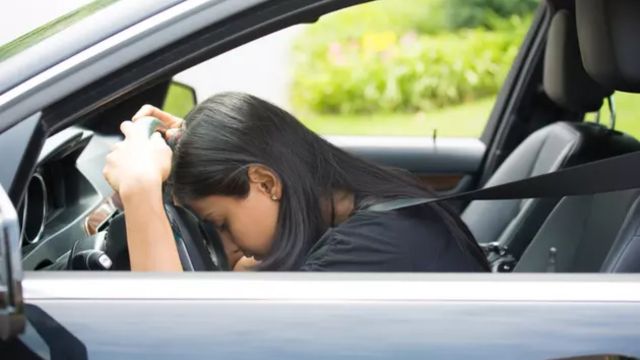
However, it’s important to note:
- Time Limits: Many rest areas have a time limit for parking, often ranging from 8 to 24 hours. You cannot park indefinitely at a rest area, and doing so may lead to a citation or having your vehicle towed.
- Truck Stops: Truck stops are another common place for overnight vehicle stays. These locations are specifically designed to accommodate long-haul truck drivers but are also open to other travelers. However, sleeping in your car at a truck stop may involve a small fee or require you to follow certain guidelines, so it’s always a good idea to ask the staff about the rules before you settle in.
3. Parking Lots and Private Property
12 Bizarre Oregon Laws You Had No Idea Were Real
If you plan to sleep in your car at a parking lot, whether it’s a shopping mall, grocery store, or business parking lot, you should always check with the property owner or management.
While some private parking lots may not have a direct prohibition, many businesses do not allow overnight parking or sleeping in vehicles. You may be asked to move by security or the property owner, especially if the area is under surveillance or if it creates a disruption.
If you’re planning to sleep in your car in a parking lot, it’s best to:
- Get permission: If possible, contact the business or property owner to ask for permission to park overnight. Some businesses may allow it if you ask, particularly if you’re a customer.
- Be discreet: Even if parking overnight is not prohibited, it’s important to keep a low profile. Visible sleeping can attract unwanted attention or lead to complaints.
4. Homelessness and Sleeping in Your Car
Sleeping in your car can sometimes be linked to homelessness, particularly in urban areas where affordable housing may be scarce. If you’re facing homelessness, Minnesota has specific laws and resources to help individuals without stable housing. While it is not illegal to sleep in your car if you’re homeless, many cities provide resources and shelters where people can find temporary housing.
That said, cities like Minneapolis and St. Paul are increasingly focusing on addressing homelessness through community outreach and support services, rather than criminalizing individuals who sleep in their vehicles. However, there may still be restrictions around parking and loitering that homeless individuals need to be aware of, and accessing community resources or social services can help.
5. Safety Concerns and Best Practices
Hawaii’s Overtime Pay Laws: Essential Information For Fair Wages
While legality is important, safety should also be a priority when considering sleeping in your car. Even if it is technically legal, certain safety issues could arise:
- Personal Safety: Always park in well-lit areas with good visibility. Avoid secluded or poorly lit areas where you could become a target for theft or other crimes.
- Vehicle Safety: Be sure your car is in good condition before you decide to sleep in it. If you’re not on the road, check that your car is secure, and avoid running the engine for extended periods to prevent carbon monoxide poisoning.
- Comfort and Health: Consider the weather conditions in Minnesota, especially during the winter months. It can get extremely cold, and sleeping in a car without proper insulation, blankets, or ventilation can be hazardous to your health. Always have the appropriate gear, and avoid staying in your vehicle in unsafe or uncomfortable conditions.
Conclusion
Sleeping in your car is not automatically illegal in Minnesota, but it comes with a range of considerations depending on where you park and your circumstances. Be sure to check local ordinances, adhere to parking regulations, and, where possible, sleep in designated areas like rest stops or truck stops. Above all, prioritize safety and be aware of the local laws that could affect your right to park and sleep in your vehicle.
If you’re unsure about the legal status of sleeping in your car in a particular area, don’t hesitate to consult local law enforcement or look up the relevant regulations for that city or county. By being informed, you can make sure that your night’s rest doesn’t turn into a legal headache.

